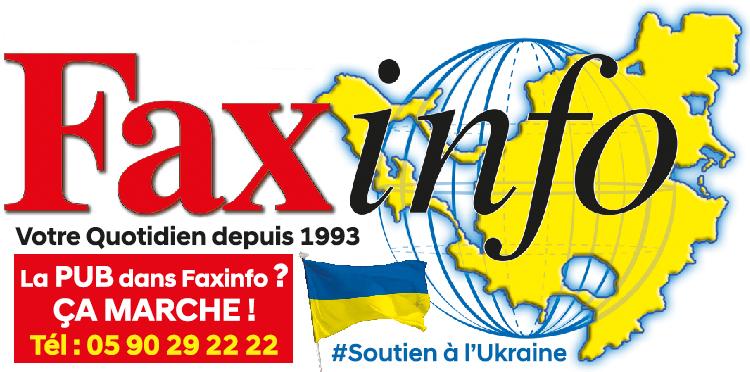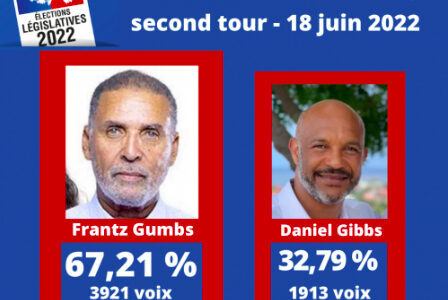This committee brought together around Edouard PHILIPPE, 17 ministers, secretaries of state and directors of cabinet, whose services are all involved in reconstruction, as well as Philippe GUSTIN, prefect of the Guadeloupe region and interministerial delegate for the reconstruction of the islands Saint-Barthélemy and Saint-Martin. Daniel GIBBS, president of the Saint-Martin community, and Bruno MAGRAS, president of the Saint-Barthélemy community, also took part in the meeting.
The most powerful cyclone ever observed in the Lesser Antilles, IRMA caused the death of eleven people and caused considerable damage to Saint-Barthélemy and Saint-Martin. Almost all of the buildings were impacted on the two islands. Almost 20% of the buildings were destroyed or severely damaged on Saint-Martin and 2,5% on Saint-Barthélemy.
The total cost of insured damage is estimated today at 1,9 billion euros, a considerable figure for islands with less than 40000 inhabitants. At the start of September, around 95% of insured victims had received total or partial settlement of their file. 68% of the total financial charge was paid by the insurance companies, or 1,27 billion euros.
After the restoration of electricity, running water and public services in the weeks following the passage of the hurricane, the reconstruction process really started in mid-November in Saint-Barthélemy and early March in Saint-Martin. According to data from the European Copernicus space program, the reconstruction rate of destroyed or very damaged buildings was around 35% in Saint-Martin and 60% in Saint-Barthélemy in early July.
One year after IRMA, Saint-Martin and Saint-Barthélemy are gradually rebuilding their economy
At present, the scars of IRMA have almost been erased in Saint-Barthélemy. In Saint-Martin, where the destruction was much greater due to the lower quality of the buildings and where local difficulties remain more significant, many homes still remain in a precarious state, despite real progress in certain districts such as Marigot or Grand-Case; some cannot be reconstructed because of the risks to which they are exposed. The burying of electricity networks - a crucial issue in making the two islands more resilient to hurricanes - has also made good progress: more than 20 kilometers of networks will be buried by the end of the year for a total of 70 kilometers.
Despite an almost white 2017/2018 tourist season, the economy of the Northern Islands did not collapse thanks to the local construction and support measures taken by the State. The adapted system of partial unemployment implemented in Saint-Martin and Saint-Barthélemy has made it possible to keep more than 9000 employees in employment for a cost that could be around 75 million euros by the end of the year. This system has made unemployment almost stable in Saint-Barthélemy and slightly reduced unemployment in Saint-Martin over the past year.
Today, the outlook for the next tourist season looks favorable for Saint-Barthélemy: all the hotels will be open for the next 2018/2019 season, with the exception of four openings of establishments which are still conditional. To date, the reservation rates are in the order of 100% for the month of December and 80% for the rest of the season (January to April). In Saint-Martin, the recovery of the hotel sector remains slower but 800 hotel rooms should be ready for the start of the tourist season.
Regarding the finances of the Collectivity of Saint-Martin, these are now maintaining a satisfactory level despite the economic downturn after IRMA.
The situation remains tense, however, and state financial aid crucial. In 2018, the State will contribute 50 million euros to the Collectivity as part of its operating budget (payment of salaries etc.). In return for this exceptional financial assistance from the State, the Collectivity will present a plan to reform its taxation and the management of its finances by December. The State also committed during the interministerial committee of March 12 to finance a third of the investment expenses of the Collectivity, that is to say 66 million euros. Of this sum, 6 million euros have just been released under the Housing Emergency Fund to finance the renovation of social housing.
6,163 total views






No comments